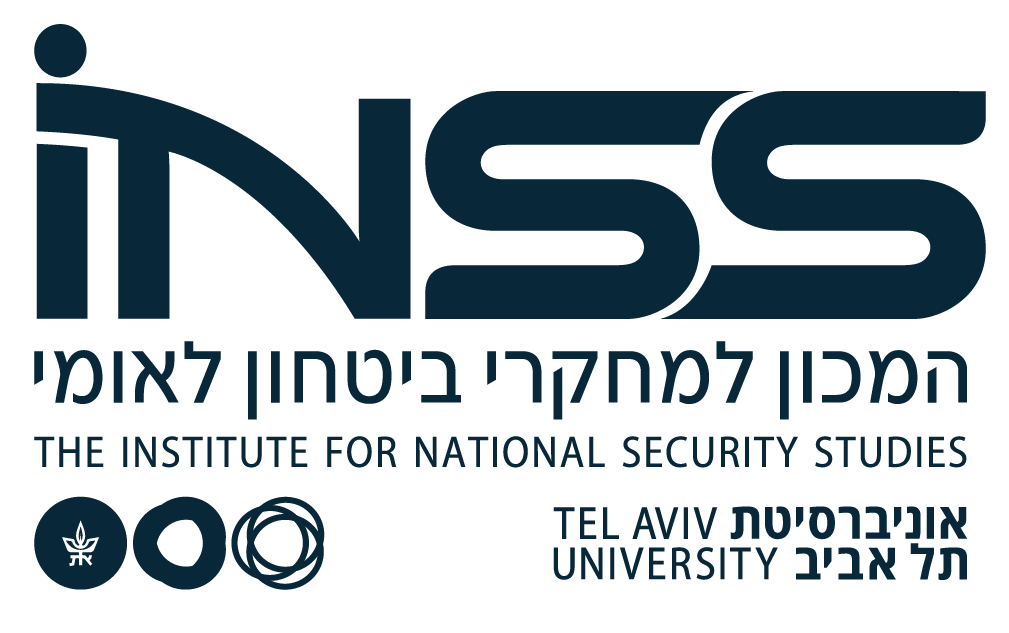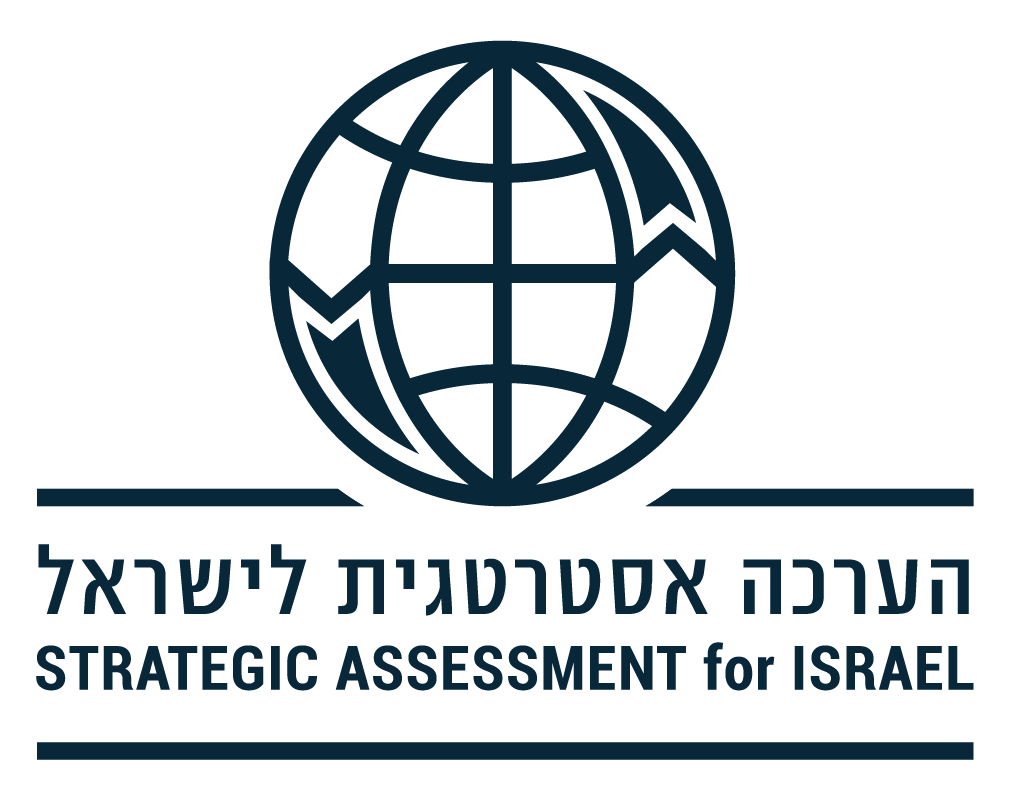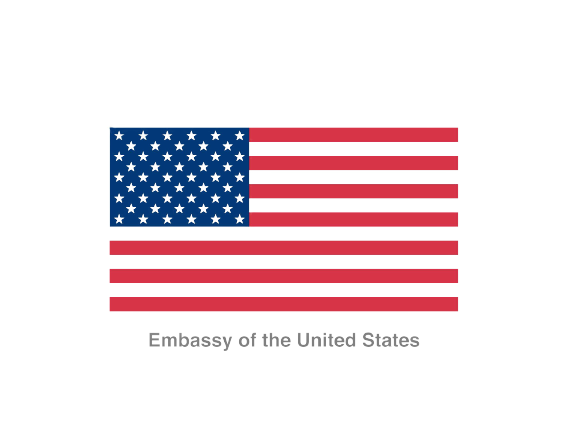Some claim that had Prime Minister Ehud Olmert remained in office and been given more time to negotiate with the Palestinians in the framework of the Annapolis process in 2008, he would have succeeded in persuading Palestinian Authority Chairman Abu Mazen to reach the sought-after agreement.
Brig. Gen. (res.) Udi Dekel, who headed the negotiating team with the Palestinians at Annapolis, examines in retrospect whether a great opportunity was indeed missed, and whether there was truly an opportunity of reaching an overall settlement with the PLO and the Palestinian Authority on the basis of two states for two peoples.
Two states or one state? What is the preferred solution to the Israeli-Palestinian conflict? Should we divorce the Palestinians, or is a marriage unavoidable?
The advantage of one state is that there is no need to divide the land and evacuate Jewish communities. On the other hand, almost two and a half million Palestinians living in Judea and Samaria would join the state, and Jews would constitute less than two thirds of the state’s residents. The public discourse is focused on the question of whether a single state between the Jordan River and the Mediterranean Sea can be both Jewish and democratic. There is almost no discussion, however, of the question of what such a state will be like and how it will be organized. This is the subject of the lecture, which presents findings of a study conducted by Col. (res.) Adv. Pnina Sharvit Baruch at INSS.
Four models are presented in the lecture: a single unitary state, a state containing internal Palestinian autonomy, federation, and confederation. Can one of these models solve the conflict without having to divide the land and evacuate the Jewish communities? Watch and decide for yourselves.
Before 2016, Israel avoided any involvement in the war in Syria almost entirely. As the conflict progressed, Iran expanded its buildup in Syria, in part in order to turn the country into an additional battlefront against Israel. This development forced Israel to respond in order to thwart Iran’s entrenchment, mainly by attacking Iranian targets in Syria. The war in Syria has lasted a decade, and the country is far from functional and sovereign. Assad has been unable to regain control over the entire country, and is completely dependent on Russia and Iran, which are resolutely penetrating his country at all levels. The war has resulted in over 500,000 dead and 12 million refugees and displaced persons living in miserable conditions, and the economic crisis is worsening. The Iranian threat in Syria and the humanitarian crisis in the country make it necessary for Israel to plot a new course, featuring a proactive policy that combines continued military attacks, humanitarian aid to groups opposed to the regime, and support for an international political initiative calling for Assad’s removal.
The peace agreement with the United Arab Emirates won praise from most of the political spectrum in Israel. In the Arab and Muslim world, however, it is politically – and no less important, religiously – controversial. Islamic religious rulings in recent months for and against the agreement with Israel reveal the battle underway between Abu Dhabi and its Islamic enemies on a number of fundamental issues: the stance of the Qur’an on peace and normalization with Israel, how the Abraham Accords serve the overall objectives of Islamic law, whether a Muslim is permitted to make a pilgrimage to the al-Aqsa mosque under the auspices of the normalization agreements, and what can be learned from the Prophet Muhammed’s life about his attitude towards Israel and Jews. This is an internal Islamic dispute, but its results also affect us in Israel.
Antisemitism is not new. In the current digital era, however, with the social and political polarization having been aggravated by the COVID-19 pandemic and the economic crisis, the phenomenon of antisemitism is evolving with the times. It is fed by different ideologies and assumes different forms, while the threat that it poses is increasing. Dr. Michal Hatuel-Radoshitzky, a research fellow at INSS and a member of the INSS research project on antisemitism in the United States, focuses on the world’s largest Jewish community outside of Israel: the Jewish community of the United States. The American Jewish community is established, prosperous, flourishing, and almost equal in number to the Jews living in Israel. In the United States, however, it is a minority that constitutes less than 2 percent of the total population. Dr. Hatuel-Radoshitzky analyzes the challenges that the American Jewish community is experiencing as a result of the rising antisemitism there, with an emphasis on the critical connection between this Jewish community and Israel. She explains why we, as Israelis living in Israel, should pay more attention to the antisemitism challenge facing Jews in the United States, despite the challenges and troubles facing us in Israel, and the sooner the better.
The expansion of Turkey’s activity into many arenas in recent years, along with the more assertive tone taken by President Recep Tayyip Erdogan, has caused many of Turkey’s neighbors to regard it as a significant threat. Ankara’s handling of a number of high-profile foreign policy issues questions many previous assumptions about Turkey’s actions and orientation.
In a search for new assumptions and more suitable ways of describing these patterns, many people are inclined to use the concept of “neo-Ottomanism,” or to refer to Erdogan as a “sultan.” Does this explanation, however, really help us understand the way that Turkey is acting? What is the source of Turkey’s growing interest in the Middle East, and why is it perceived as a subversive player in many of the region’s capitals?
In this lecture, based on an article describing the complexity of Turkish foreign policy, I argue that the most key to analyze Erdogan’s behavior is to regard it as a synthesis of a number of factors. Some of these factors are indeed linked to Turkey’s Ottoman past, but they coexist with a series of other elements of different origin that also play an important role in shaping the Turkish president’s perception of the world. With several examples that illustrate the explanatory power of this synthesis, I show how useful a tool it can be in understanding and predicting Turkish policy in the Middle East, and specifically toward Israel.
“War is frightening, but it is less frightening when you know more,” Orna Mizrahi says at the beginning of this lecture. Mizrahi coordinated the “Next War in the North” project launched at INSS two years ago; the conclusions of this study appear in a monograph available on the INSS website.
The likelihood of a major war in the northern theater in the immediate future is low, and it may be possible to avoid it altogether. If such a war does break out, however, it will be difficult for all of us. The IDF is already preparing for the next war, and will probably gain the upper hand by the time it ends. This lecture, however, was designed mainly for all residents of Israel. Its objective is to prepare the Israeli public for a possible full-scale war on the northern front, in light of the challenge that it will create for the Israel home front, if and when it begins, and to encourage people in Israel to prepare for it. The preparedness of the Israeli public before the war, and its behavior during the war, will wield much influence on the war’s results and the achievement of victory. We are therefore bringing these matters to the attention of the general public.
Imagine that 120 days each year – four months – the temperature is almost 50 degrees centigrade. The lowest temperature will be 30 degrees, and even that only at night.
This is not an impossible scenario. Where the effects of climate are concerned, the Middle East may be the most vulnerable region in the world. There will not be enough water here, food prices will rise, and a rise in the sea level will put the coastal area at risk of flooding. The combination of extreme heat, food and water shortages, and a rise in sea level will exacerbate socioeconomic gaps, cause mass migration and waves of refugees, and give rise to terrorist organizations. After all, the Middle East is already unstable, with many dysfucntional governments. We have already witnessed such a nightmare scenario in Syria.
By 2030, nine years from now, we are liable to see a similar situation in Egypt, with the country destabilized by the climate, stronger terrorist groups, and mass emigration, including in Israel’s direction. In addition to regional instability, climate change will affect military bases, defense equipment, weapon systems, and the health of IDF soldiers. A consistent rise in temperatures means a consistent decline in military training days, which will detract from the army’s fitness and readiness.
In a nutshell, these examples help us to understand why the climate is a strategic parameter in national security. In Israel, the government has made a number of token gestures toward preparing the civilian system for climate change, but in security discourse, it is not on the agenda at all. If we continue burying our heads in the sand, within a few years Israel is liable to find itself facing a crisis of far large scale than the COVID-19 pandemic. This is the order of the day, and the price of inaction is inordinately great.
Can small nations win a competition against the giants? Of course they can – if they can take advantage of their small size, just like David did against Goliath. In a lecture about the Israeli technological ecosystem and how it works in the framework of competition in the artificial intelligence sector, Dr. Antebi describes the international arms race in technology, which is so important to Israel as an economic and defense growth engine.
She also presents three unique characteristics of the Israeli ecosystem that are affected by Israel’s size, and the steps that the state should undertake urgently in order to enable the ecosystem to restore to Israel its lead in this groundbreaking field and prevent the loss of the technological advantage that is so critical for Israel.
Fake news has always existed. In recent years, however, it has moved into high gear, in part because of the rise of the social media; the fading of the communications enterprises, which have lost their business model in the digital age; and the rise to power of demagogic leaders all over the world.
Fake news is more viral than real news. This is a problem, because our decision making processes are affected by the information we receive. We face the consequences of this problem in our daily lives, and it also influences decision makers.
Have you read news reports that seem strange or suspicious to you? Have you read statements by a politician that are inconsistent with his/her views? Have you received a chain notice on WhatsApp with sensational information? There is something that you can do. Before you pass the information on and continue the chain of disseminating falsehoods, follow our recommended steps for identifying fake news.






